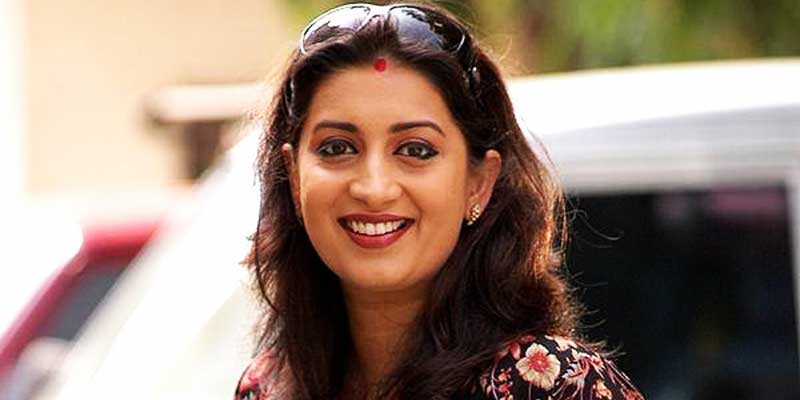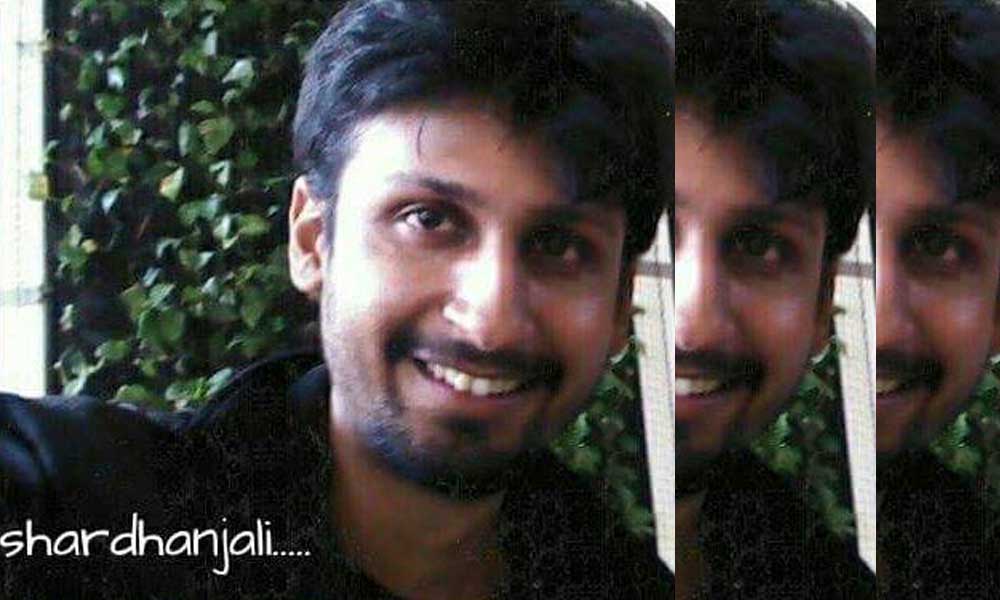The Government plans to announce the beginning to a New Education Policy (NEP) on this Republic day. The education policies have not been changed since the year 1986
Do you feel that the primary education system leads young children to become unduly competitive and memorize vast pieces of information, marring their ability to question, experiment, show playfulness and curiosity, only to qualify for admission to premier educational institutions at later stages of life?
People you know always talk about how expensive even school education has become and children from lower income groups are withdrawn from schools early on and those who are able to complete their school education have to face issues like less teachers as compared to students in class, insufficient notes and reading materials, old and out-dated teaching methods and equipment, and lowly-qualified teachers!
Well, now you can get the ruling party to address these issues whether you are living in the villages or are a young graduate or have reached some of the peak positions at a high-level corporate house/MNC.
And not in ten years from now but starting this republic day!
Yes! You heard it right! What NDA government’s HRD Minister Smriti Irani and her Ministry had promised last year with “opinions of those living in villages being solicited” is now coming true as the Government plans to announce the beginning to a New Education Policy (NEP) on this Republic day.
The education policies have not been changed since the year 1986 and the HRD ministry along with other political bodies and autonomous organizations has prepared this framework wherein opinions and discussions would be held initiating at the very grassroot level. Now people from all corners of the country will have the right and authority to voice out their opinion on the concern areas they have encountered so far with the current education system and how they think changes can be/should be made, so that only a handful of intellectuals/experts do not have a sole say in the matter.
The government now recognizes the need to introduce more innovative, research-based and quality-oriented education policies for a diverse network of people of the country with their even more diverse needs and perspectives. NEP will start at the village level, yes but will gradually extend to the blocks and districts, eventually leading to the state level. The opinions, changes and problems discussed and brought about at the state level will have a final review at the Centre where all state governments would represent their people’s mind sets, thoughts, views and solutions regarding the current education framework and what they seek for the future.
So far, the government has come up with 32 themes where 20 are for higher education (University-based) and 12 are meant for school levels, setting overall parameters for discussion to initiate at each level. There can be alterations in the themes, if need be. The government plans to address the problems of limited reach and access to secondary and senior secondary among the minorities or girl children, and looks forward to imparting vocational education, reinforcing better learning results, improving the school examination system, focussing on better qualified teachers and increasing the knowledge of lesser qualified teachers, revamping language and communication problems and introducing innovative methods at teaching science, maths and upgrade the information technology teachings at school level, thereby attempting at a holistic education policy.
Setting better standards for school in terms of a comprehensive education and learning of a child will be done on a priority basis.
The higher education themes would include ranking institutions according to the accreditation, and will emphasize on improving the government or state universities by better skill trainings to students, offering technology-based and online resources especially for girl children and meting out solutions for gender, social, cultural bias. The public universities will now better integrate with private sector companies and industries by reforming governing methods with better and increased employment opportunities and innovative techniques in place.
Earlier the HRD Ministry launched a project called Udaan where Irani focussed on “providing free online resources to girl students of Class XI and XII to prepare for admission tests of premier engineering colleges” with special importance to providing special incentives and financial aid to 1000 disadvantaged or underprivileged girls every year, bearing in mind the low numbers in which girls enrol for reputed technical or engineering colleges.
Now will come the time when you can easily be a part of the system and change it as much as the bureaucrats, educationists, academicians and politicians to bring about a framework where maximum people including left-out girls, children living below poverty line and the minority communities can get easy access to premier education facilities and reach out to technology, resources and better fundamental exposure to take on leadership roles at quality institutes.
A very Happy Republic Day!





